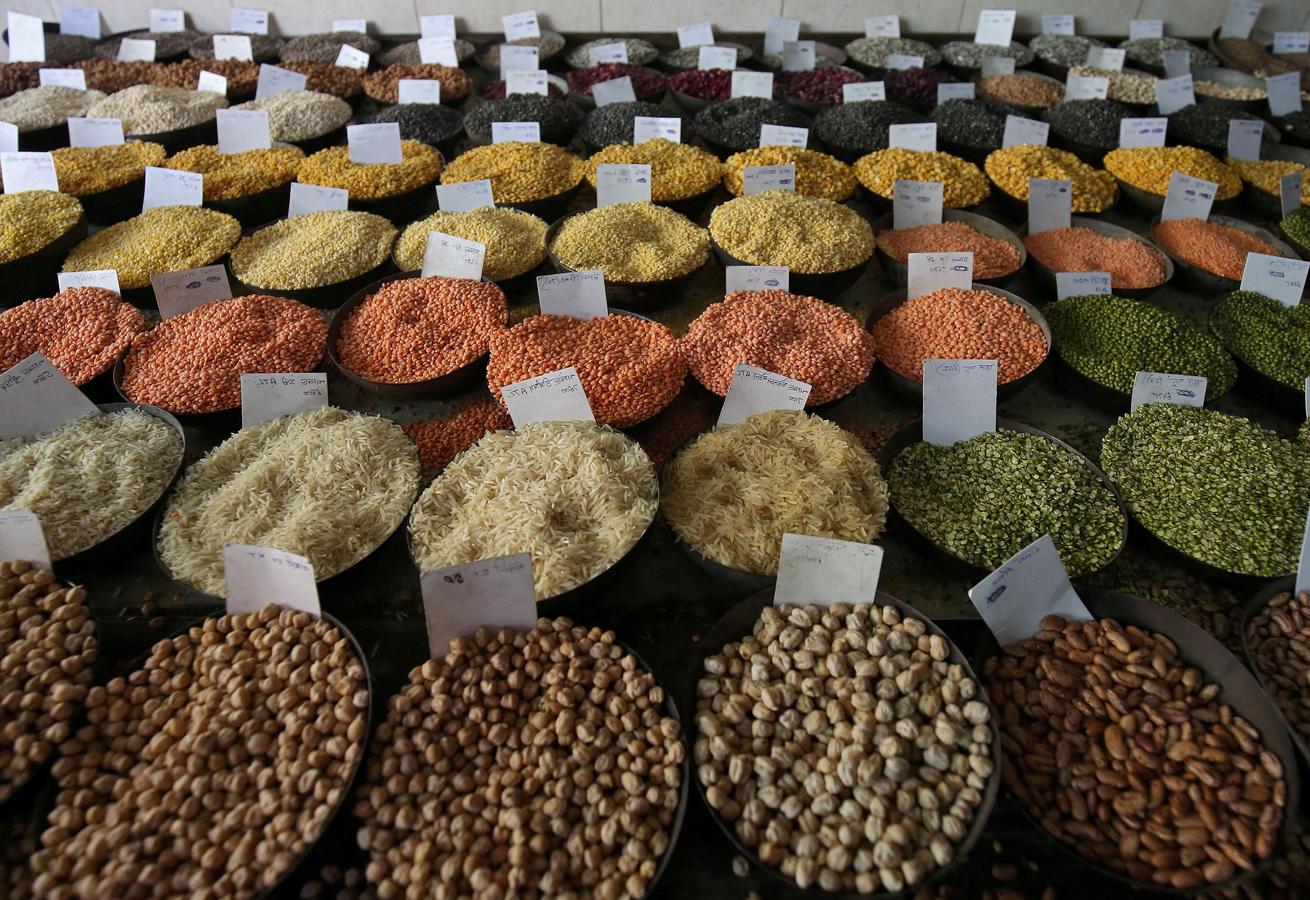India’s retail inflation likely sped up to a 16-month high of 6.35% in March, well above the Reserve Bank of India’s upper tolerance band for a third straight month, in part due to a sustained rise in food prices, a poll found.
The full effect of the spike in crude oil and global energy prices following Russia’s invasion of Ukraine in late February is not expected to appear in consumer prices until April as the pass-through to consumers at fuel pumps was delayed.
The April 4-8 poll of 48 economists suggested inflation. As measured by the consumer price index, rose to 6.35% in March on an annual basis, from 6.07% in February. That would be the highest reading since November 2020.
Forecasts for the data, due for release on April 12 around 1200 GMT, ranged between 6.06% and 6.50%. None expected it to fall under 6%, the top end of the RBI’s tolerance band.
“We expect headline inflation to have accelerated to 6.30% y/y as food prices edged higher in sequential terms after a three-month decline until February,” said Dhiraj Nim. An economist at ANZ, referring to the seasonal pattern in monthly changes in food prices.
Food prices, which account for nearly half the inflation basket. Are also expected to remain elevated as supply chain problems related to the Russia-Ukraine war disrupt global grain production, supply of edible oils and fertiliser exports.
Prices of palm oil, the world’s most widely used vegetable oil, surged nearly 50% this year. Food price rises are sharply felt by millions living below the poverty line. Who have already taken a hit on jobs and incomes due to the pandemic.
Samiran Chakraborty, chief economist for India at Citi. Said global commodity price rises will turn up in the March inflation numbers.

